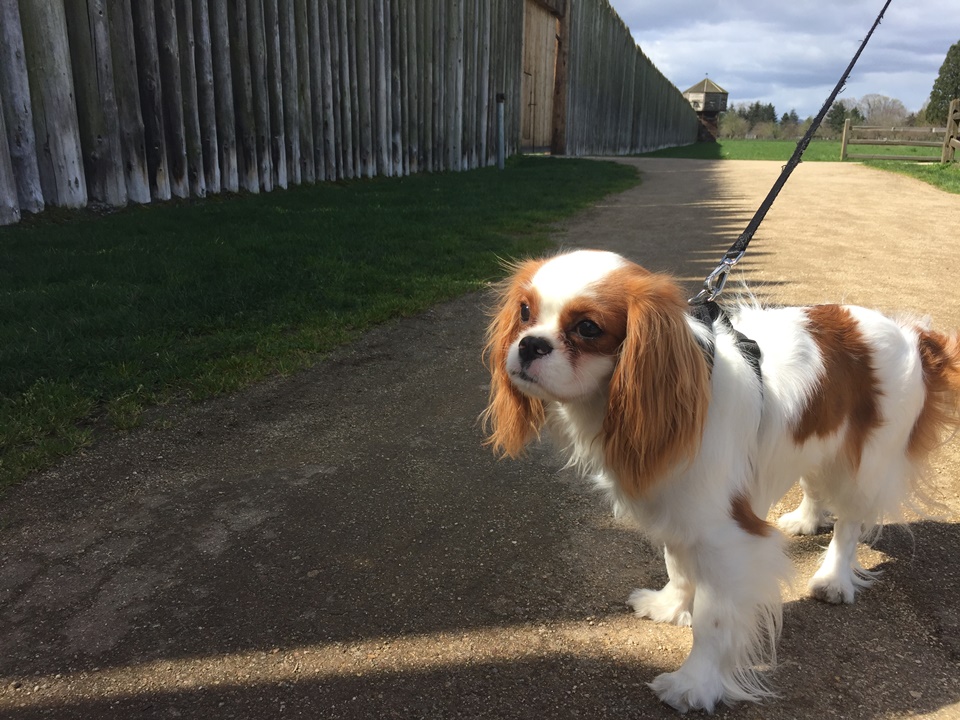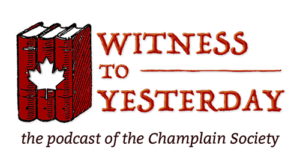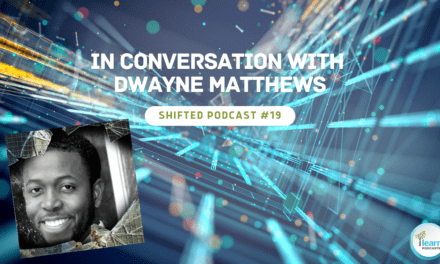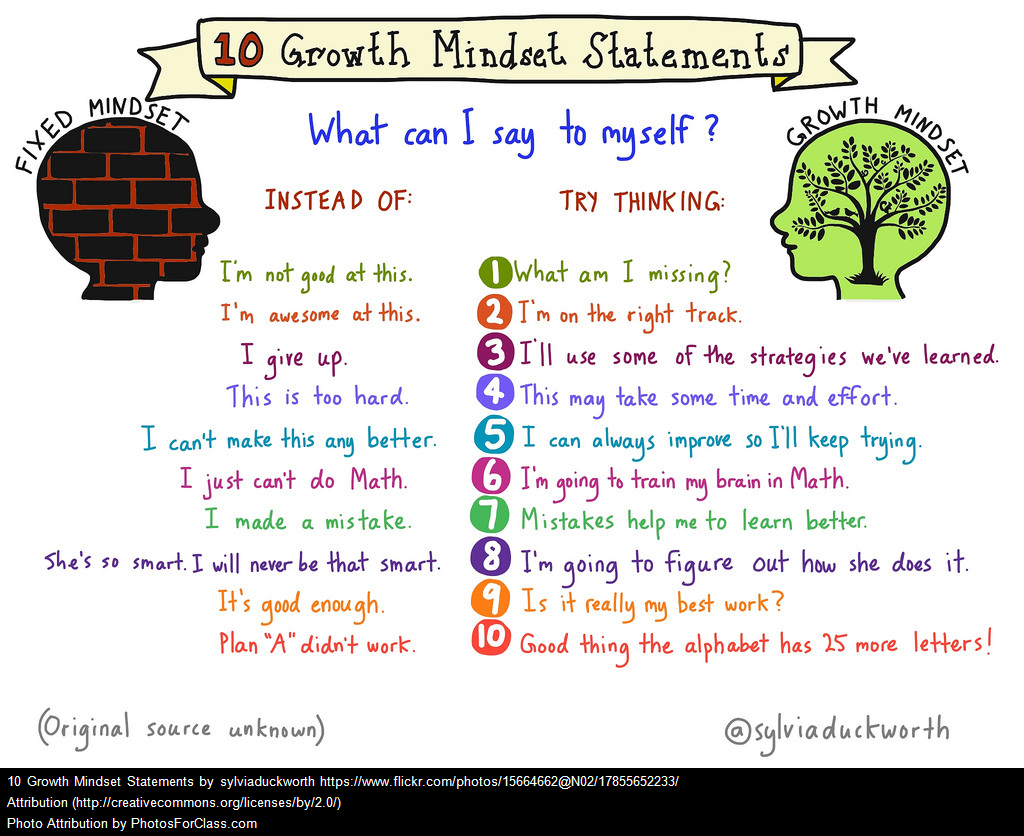Like a lot of people, I like to listen to podcasts. I have a dog that needs walking and I enjoy running to keep fit. As a result, I have a lot of time to listen and let my mind wander. While my listening tastes are eclectic, I tend to gravitate towards history podcasts. I enjoy learning about new aspects of the past – filling in the gaps about people and places that I don’t know that much about. However, I’ve begun to reflect on how listening to history podcasts have impacted my teaching.
Podcasts and Historiography
 It’s been a long time since I was in history class. As a university student, I realized when I was piloting the History of Quebec and Canada program, that I was behind the times in current scholarship. But where to start? Unfortunately, most academic journals are behind paywalls and even if they were, I don’t have access to America: History and Life, the online database of North American history. While Érudit offers some access to scholarly work, most of it remains inaccessible to those outside of universities.
It’s been a long time since I was in history class. As a university student, I realized when I was piloting the History of Quebec and Canada program, that I was behind the times in current scholarship. But where to start? Unfortunately, most academic journals are behind paywalls and even if they were, I don’t have access to America: History and Life, the online database of North American history. While Érudit offers some access to scholarly work, most of it remains inaccessible to those outside of universities.
Enter the podcast! I’ve found that podcasts are a great way to engage with recent scholarship. These history podcasts feature interviews with historians who are discussing their current or past work. In many cases, these interviews have not only provided me with really good information that I’ve incorporated into my lessons, but they have also directed me to their books (thank you inter-library loans), which has furthered my knowledge and understanding.
Some Recommended Podcasts
Witness to Yesterday – The Champlain Society
The Witness to Yesterday podcast hosted by the Champlain Societies’ Patrice Dutil and Creg Marchildon, who are both practicing historians, provides interviews with historians on their current work. The podcasts also try to focus on a particular historical document and why it is important to today’s society. Some recent episodes that I found were really helpful to teaching history in Québec were:
- Episode 50 – The Campaign for Women’s Vote in Ontario: This episode contextualized the women’s suffrage movement for me and directed me to Tarah Brookfield’s book, which then led me to another book in the same series about the struggle for the women’s vote in Québec: To Be Equals in Our Own Country by Denise Baillargeon. Turns out there’s a whole new series on women’s suffrage in Canada!
- Episode 46 – The FLQ Bombings 50 Years Later: In this podcast, they discuss the October Crisis, but also place it in the larger picture of the 1960s and the earlier bombing campaigns of the FLQ in that decade.
- Episode 45 – The American Obsession with the 1837-38 Rebellions: I really learned a lot in this episode. It helped me understand how the current of thought at the time, including Jacksonian Democracy, traveled across the border between the Canadas and the United States in both directions.
History Slam
 History Slam is activehistory.ca’s podcast and is hosted by Carleton University’s Sean Graham, who is also a historian with Park’s Canada. The style of the podcast has a more laid-back and conversational tone. Its topics and interviews are wide-ranging and sometimes explore how history has influenced other genres and disciplines. Some episodes that might be of interest to history teachers include:
History Slam is activehistory.ca’s podcast and is hosted by Carleton University’s Sean Graham, who is also a historian with Park’s Canada. The style of the podcast has a more laid-back and conversational tone. Its topics and interviews are wide-ranging and sometimes explore how history has influenced other genres and disciplines. Some episodes that might be of interest to history teachers include:
- Episode 123 – Reconsidering Confederation: What I enjoyed in this episode was the discussion on Canadian identity and Confederation. I feel that this component gets lost when one relies only on the textbook treatment of Confederation.
- Episode 120 – Decoding Monuments and Memorials: I was drawn to this episode when I was preparing my lessons on the legacy of Sir John A. Macdonald. It was interesting to learn about how and why monuments were created and how we can read them critically.
Ben Franklin’s World
Ben Franklin’s World is a podcast about early American History. I started to listen to it because I didn’t really know much about this period in American History and was looking for a little more information about Revolutionary America. However, this fantastic podcast, hosted by Liz Covart, an early American historian at the Omohundro Institute located at the College of William and Mary, is not just about American history. Covart takes an expansive view of early ‘American’ history that includes French, Spanish, and British Americas, as well as the Caribbean and First Nations histories.
is a podcast about early American History. I started to listen to it because I didn’t really know much about this period in American History and was looking for a little more information about Revolutionary America. However, this fantastic podcast, hosted by Liz Covart, an early American historian at the Omohundro Institute located at the College of William and Mary, is not just about American history. Covart takes an expansive view of early ‘American’ history that includes French, Spanish, and British Americas, as well as the Caribbean and First Nations histories.
- Episode 232 – The Acadian Diaspora: This episode discusses Acadian life, their relationship with the 13 Colonies (which I knew nothing about), the forcible removal by the British and the remarkable ways that Acadians have had to reinvent their lives throughout the Atlantic world (which I also knew nothing about).
- Episode 197 – Brett Rushforth, Native American Slavery in New France. Every history teacher in Québec needs to listen to this episode and read Rushforth’s book Bonds of Alliance. It really opened my eyes to the pervasiveness of slavery in New France and the agency that First Nations groups had in their relationships with the French. Slavery is a topic that is really only glossed over in our history program and in our textbook, but our students deserve to know more about the system that existed in New France and the consequences of slavery on its society.
I hope any one of these three excellent history podcasts that I have curated pique your interest. They have helped fill in the gaps in my knowledge, made me feel more connected to the community of historians, and have helped my own students understand their past, all while walking my dog. There are many other great episodes of these podcasts and other history podcasts that can expand our understanding of the past and present and help us teach history in a more contextualized and nuanced way to our students.
For other available Podcasts and Media Channels for Professional Development in Social Sciences, visit LEARN’s new Social Sciences PD Media and Podcasts page. To suggest other podcasts comment below, or tweet them out to me @historyrussell






Great post Matt. It got me thinking about this type of resources and indeed, there are tons available. Maybe not ideal for running. I guess I have to get a dog! Today I am researching World War 1 resources, and I stumbled on a few from History Hit. Podcast is at https://podcasts.apple.com/ca/podcast/dan-snows-history-hit/id1042631089 but also useful was their site I then found at https://www.historyhit.com/articles/twentieth-century/world-war-one/